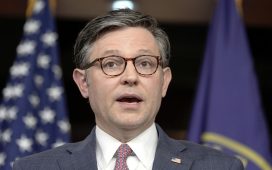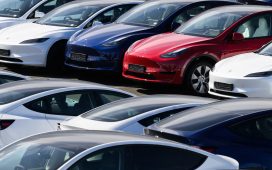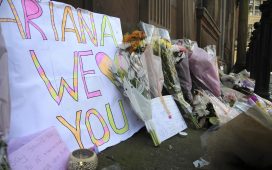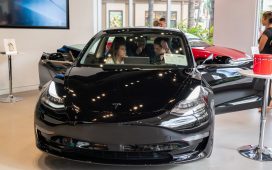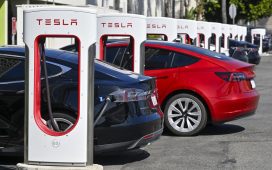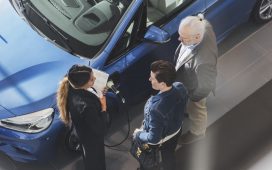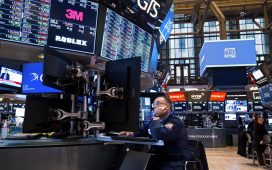Elon Musk, here seen at an event in New York in early-May, is being aggressively courted to produce his electric vehicles “end to end” in resource-rich Indonesia.
Angela Weiss | AFP | Getty Images
President Joko Widodo denied that Indonesia has turned protectionist during his tenure, saying the gates remain open to all players — including Tesla — that want to use the country’s plentiful natural resources, if they set up plants that can add to the local economy.
Widodo, or Jokowi as he is popularly known at home, said the government has been in talks with electric carmaker Tesla as well as Ford and other car companies to set up manufacturing facilities, including a vehicle factory, in Indonesia.
The Indonesian president said he met Elon Musk, Tesla’s chief executive officer and the world’s richest man, in May after U.S. President Joe Biden hosted a summit for Southeast Asian leaders. Jokowi said he suggested that Tesla could base its entire supply chain in the country.
“We had a lot of discussions, particularly on how Tesla can build their industry from upstream to downstream, end-to end starting from smelter then build the cathode and precursor industry, build EV batteries, build lithium batteries [and] then the vehicle factory. Everything in Indonesia, because that’s very efficient. That’s what I offered,” Widodo told CNBC in an exclusive interview on Friday in Serang city in Banten province.
He said Musk sent a team to Indonesia six weeks ago “to check the potential of nickel, to check environmental aspects, but the car-related team has not come.”
He said a team could visit in the “near future” to evaluate the potential. Jokowi, who has also invited Musk to the G-20 summit, which Indonesia is hosting this year in Bali, said there is “no decision yet” on Tesla’s plans to invest in Indonesia.
We want to build an industrial ecosystem for lithium batteries.
Joko Widodo
President, Indonesia
Indonesia, Southeast Asia’s largest economy, has abundant natural deposits of tin, copper, nickel, cobalt and bauxite, some of which are key materials for electric vehicle batteries.
Under Jokowi, resource-rich Indonesia has banned the export of key commodities, including unprocessed nickel in 2020, coal in 2021 and edible oil in April. The last measure was aimed at stabilizing domestic prices.
“No, I think it’s not protectionism. But we want that added value to be in Indonesia … If we keep exporting the raw materials, the ones who get the added value are other countries,” he said.
In a bid to boost its economy and put its natural resources to use in domestic manufacturing, Indonesia wants to move away from exporting raw materials. It also wants to be a global player in EV batteries and a manufacturer of electric cars.
“We want to build an industrial ecosystem for lithium batteries,” Jokowi said, arguing this would also create jobs and generate tax revenue.
